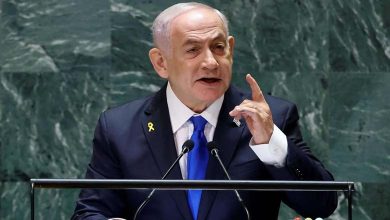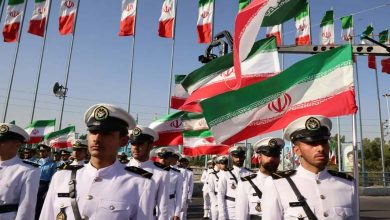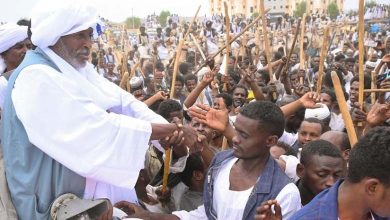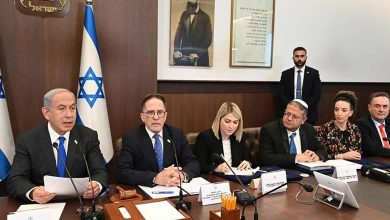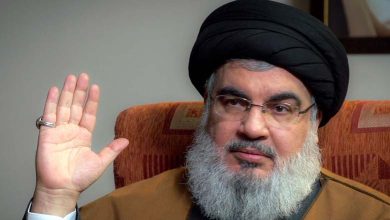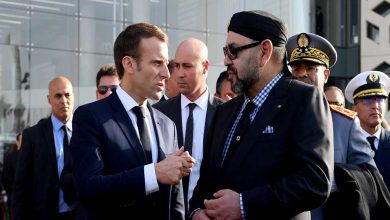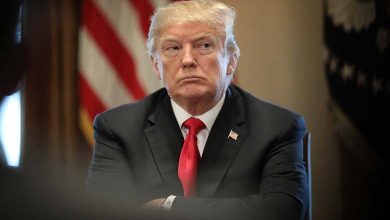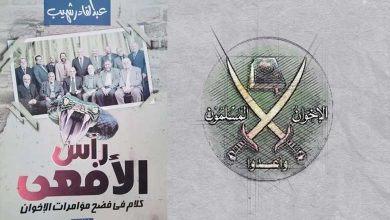Kais Saied comments on Tunisia’s religious identity. What did he say?
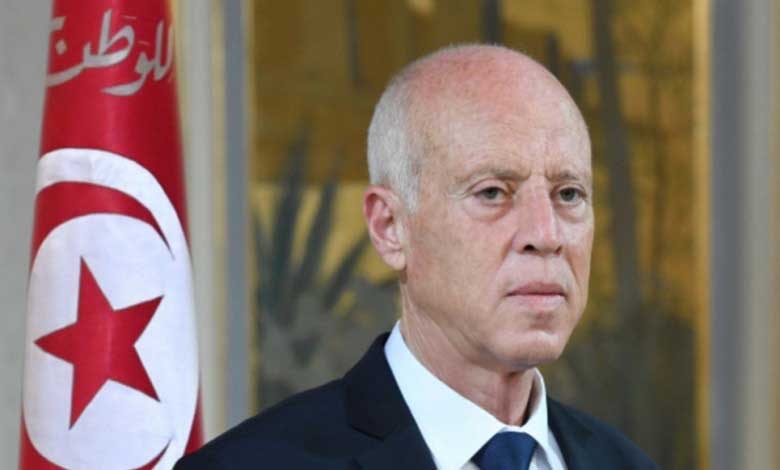
After nearly two weeks of controversy over the religious identity of the Tunisian state in the new draft constitution, Tunisian President Kais Saied broke his silence and commented on the abolition of the phrase “Tunisia is a state whose religion is Islam”.
Tunisian radio station Mosaïque FM quoted Saied as saying, during his presence at Tunis Carthage International Airport to bid farewell to pilgrims on their first trip to the Holy Places: “God said: You are the noblest people raised up for the good of mankind”, and he did not say: “You are the noblest country raised up for the good of mankind”.
“The state is a moral entity, such as a company and administrative institutions, and it will not enter paradise or hell”, he said, adding that the state seeks to achieve the purposes of Islam and that the legal basis and all acts of worship are intended.
He continued: “The goal is not prayer, fasting and the pilgrimage, but rather the intention behind these acts of worship”, he said, adding that the most important thing is not to involve God in anything.
He said: “Unfortunately, under dictatorial regimes, they make idols and then worship them, which is a form of polytheism. They make gods and goats in the 21st century, and Islam disowns them”, he said. In Tunisia’s next constitution we are not talking about a state whose religion is Islam… It’s about a nation whose religion is Islam.
A month after his appointment as the coordinator of the National Advisory Body charged with drafting a new constitution, law professor Sadok Belaid yesterday evening handed Tunisian President Kais Saied the draft constitution that was prepared within the framework of the National Advisory Body for a new republic.
Amid numerous objections to a number of constitutional articles, especially those related to the religious identity of the Tunisian state, Saied stressed that “the draft constitution is not final, and some of its chapters are subject to review and further reflection”.
In an interview with Euro News last week, Belaid said that mentioning religion in the first chapter of the constitution is not a fateful matter in terms of the organization of the authority in the country, and this chapter has justifications, and came to settle the dispute during the era of late president Habib Bourguiba between the progressives and the conservatives, adding: “The religious issue is present in the drafting of the 59th Constitution, in the deep amendment of the 76th Constitution, and in the 2014 Constitution, which affirms the Islamic nature of the Tunisian people, and Islamic duties concern the relationship of the individual to God, and not an application of Chapter I of the Constitution, so there is no disagreement that Tunisians are Muslims”.
Sadok Belaid denied receiving instructions from President Kais Saied about removing religious references from the constitution, denying that the new constitution is tailored to the president’s size.



